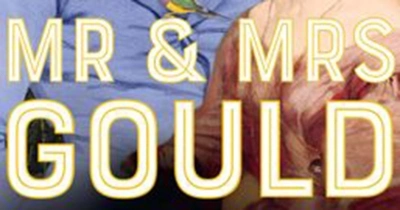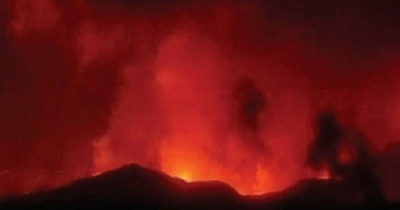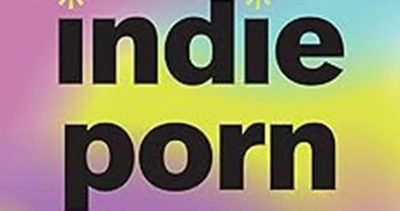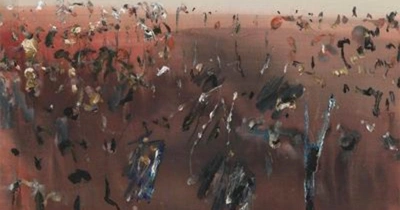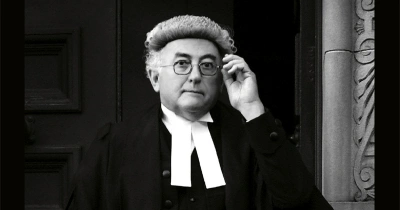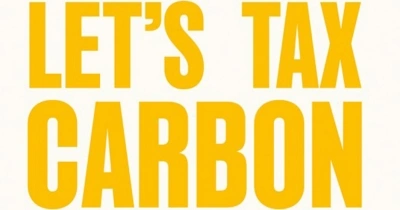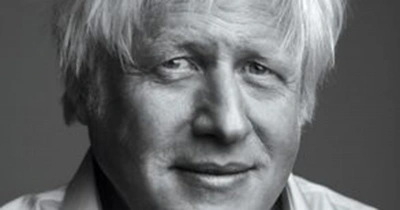Review
Indie Porn: Revolution, regulation and resistance by Zahra Stardust
by Zora Simic •
The Diaries of Fred Williams, 1963-1970 edited by Patrick McCaughey with John Timlin
by Christopher Allen •
The Menzies Ascendency: Fortune, stability, progress 1954-1961 edited by Zachary Gorman
by James Walter •
Let’s Tax Carbon: And other ideas for a better Australia by Ross Garnaut
by Joel Deane •
Joan Lindsay: The hidden life of the woman who wrote Picnic at Hanging Rock by Brenda Niall
by Susan Sheridan •


